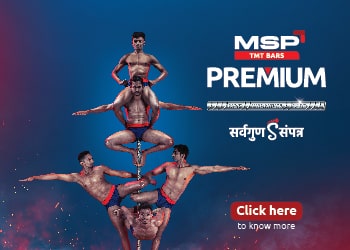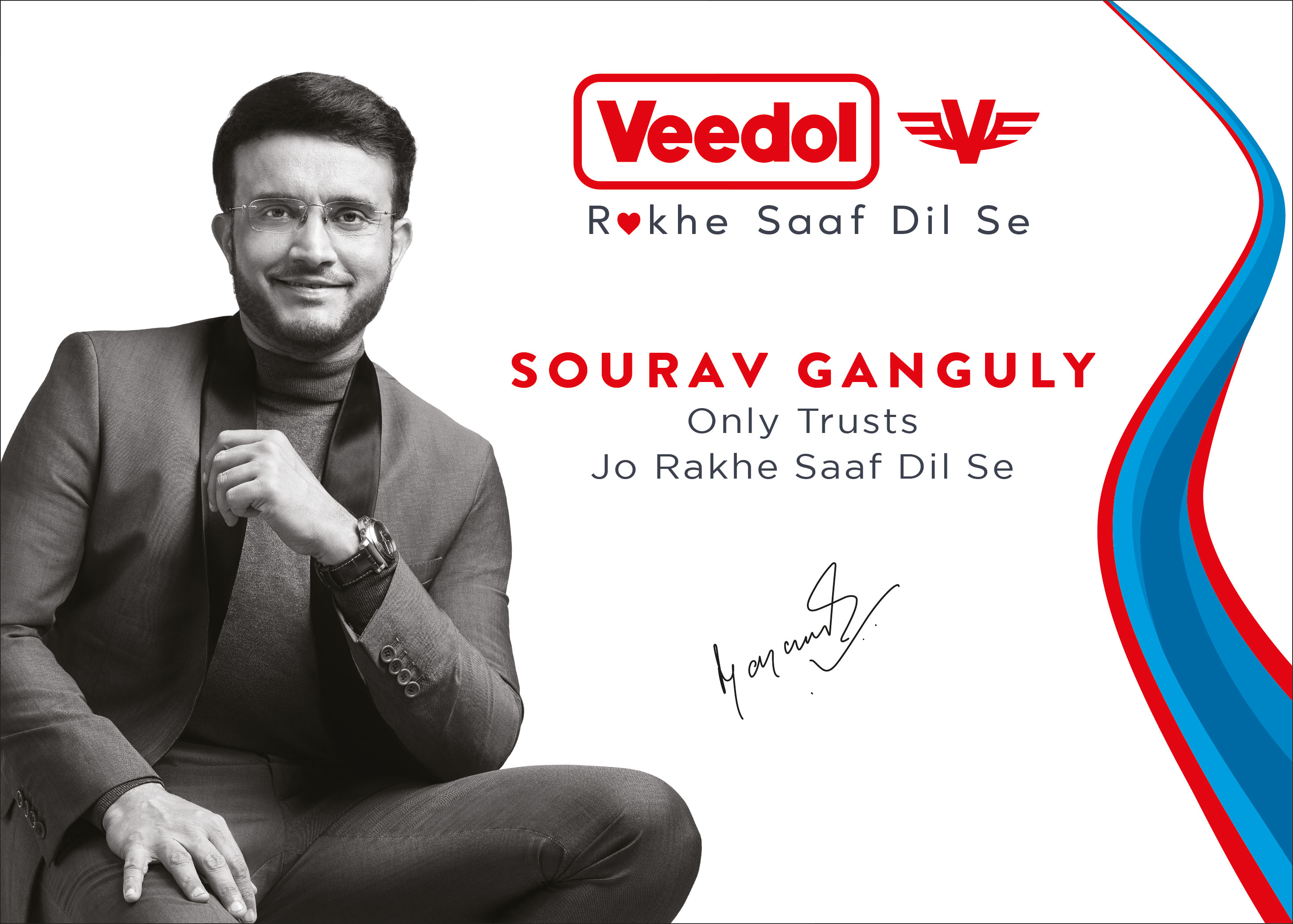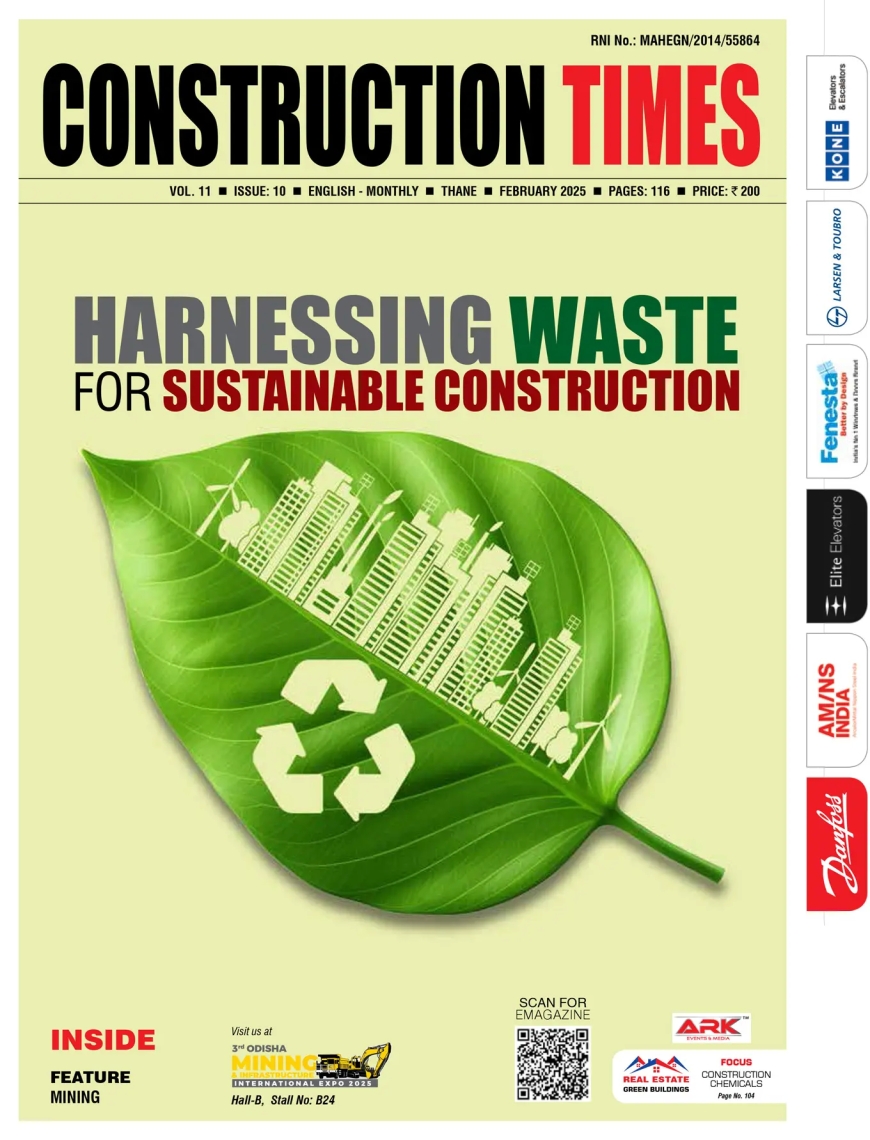Post-Covid Scenario of Mall Business
A report of RAI's webinar on how the Mall Business will be in a post Covid-19 world. Retailers Association of India (RAI) hosted a Webinar titled 'Malls in a Post COVID-19 Scenario: From Recovery to Revival' on 21 April, as a part of its ongoing 'Coping with Covid-19' series. The panel comprised thought leaders from

A report of RAI's webinar on how the Mall Business will be in a post Covid-19 world.
Retailers Association of India (RAI) hosted a Webinar titled 'Malls in a Post COVID-19 Scenario: From Recovery to Revival' on 21 April, as a part of its ongoing 'Coping with Covid-19' series. The panel comprised thought leaders from the mall and retail industries including Alok Tandon, Chief Executive Officer, Inox Leisure Ltd; Ashwin Puri, Co-Founder & CEO, Lake Shore India; Dalip Sehgal, CEO, Nexus Malls, a Blackstone company; Riyaaz Amlani, CEO & MD, Impresario Handmade Restaurants; Vishak Kumar, CEO, Madura Fashion & Lifestyle (MF&L), Aditya Birla Fashion and Retail Ltd. (ABFRL). The panel was moderated by Anuj Kejriwal, MD & CEO, Anarock Retail Advisors Pvt. Ltd.
Anuj Kejriwal, MD & CEO, Anarock Retail Advisors opened the discussion with a very meaningful remark. “The situation at hand needs a true partnership approach, hence, it is important that we are reasonable with our partners, collaborate across the supply chain, and involve our business models to face the time ahead. Today, we have an unknown devil amongst us but it is very important that we are prepared for what's known to us.”
Retail veteran Alok Tandon, Chief Executive Officer, Inox Leisure Ltd. said, “We will have to live with this thing but I don't think we will have to change the way we think dramatically.” He then delved deeper into what the temporary changes are going to be for the first couple of months after the lock down, saying, “On opening we will have to ensure that the intervals are staggered and that no two intervals coincide so that people don't crowd in the lobbies. We will have to ensure that the food that is served is done by certified COVID-19 free employees and that the cutlery is absolutely hygienic.”
Speaker Ashwin Puri who is the Co-Founder & CEO of Lake Shore India explained what businesses must keep in mind going forward, keeping experience as a central theme, “If you're building a commodity based business, then it'll be consumed online. For you to win consumers now, you will have to focus on experience particularly for projects that are under development right now.”
“There's a Chinese proverb that says when the winds of change blow, some people build walls, some build windmills,” stated Dalip Sehgal, CEO, Nexus Malls, a Blackstone company. He continued, “Over the last few weeks, we've built walls that have protected our partners, our employees and our assets. Now it's time to think how we can build windmills”.
Riyaaz Amlani, CEO & MD, Impresario Handmade Restaurants, a hospitality stalwart, said in a hopeful manner, “The entire retail ecosystem needs to survive another year. We need to try and preserve the value we have created. Try and let people gradually come back to us and achieve normalcy. The entire retail environment must come together and create true partnerships.”
“There is a new normal that will be created. There will be a different cost structure. It will take some time for demand to pick up and that will be the time that various brands can work on to demonstrate wellness, which could give a new kind of retail therapy to consumers,” quoted Vishak Kumar, CEO, Madura Fashion & Lifestyle (MF&L), Aditya Birla Fashion and Retail Ltd. (ABFRL)
Takeaways
Changing Consumer Behaviour
- If your brand is able to demonstrate wellness and a high level of relevance, it will win consumer patronage.
- Right now it's about essentials and that's why people are looking towards ecommerce. Once they see that shopping centres are safe, consumers will return to malls for shopping.
- Consumers are going to be less experimental with food now. Because there's going to be less expendable income. So they will only go to those brands that they trust.
- The first to come out of this crisis will be the millennials and Gen-Z. Their fear factor is a lot lesser and they've also managed to save some money which is not something that they're not used to.
Effects on Industry
- Cinemas will be the last to revive. Food, and entertainment will take time to revive as well. Home, electronics, fitness equipment might bounce back soon. Value fashion will follow. Branded goods, branded fashion, might take a little longer to revive.
- The reason that there is a tug between landlords and business owners is not because of the uncertainty that is in the atmosphere right now but because there is uncertainty about where the business is headed after the lockdown.
- All Cinema operators will have to reduce their F&B menus and stagger interval timings.
- On opening, most businesses in malls will inmost probability run a single shift (2pm to 11pm) focusing on peak leisure time.
- Malls and retailers will have to work on a no-lose no-lose formula for the next few months and win-win after that. Wherever the govt. comes in it has to passed on to the entire industry.
Advice for Businesses
- Businesses must focus on the 4Ss: Safety of employees and customers, securing supply of employees, sourcing the right inventory and securing the trust of the shopper.
- Right now is the time to review and renew SOPs, reskill employees so that they are better equipped and have an array of skills to be able to multi-task when stores open again.
- The first 90 days post-lockdown are about winning over the trust of the millennials and Gen-Z.
- Brands must get digital influencers on board to communicate and win over consumer trust once the lockdown is levied along with brands doing their own communication.
- Businesses will have to over manage and focus on cost-reduction especially when it comes to franchisees.
- Safety of customers and employees should be paramount. Even one single case will put the clock back a few months.
- The biggest challenge is value retention. So businesses must look at cost-cutting but not at the risk of losing value.
- The short tail of a retailer's/ mall's/restaurant's customer base will become very important and it is here that they should focus on.
- Finally, the focus should be on winning the consumer confidence and bringing them back.
Hits: 136
















